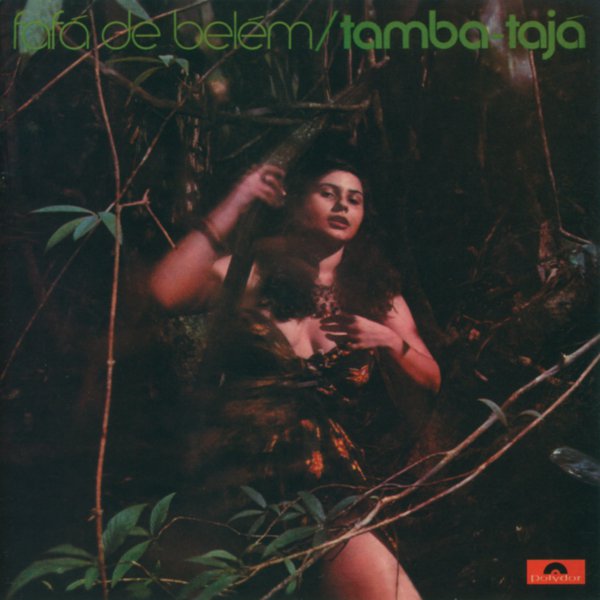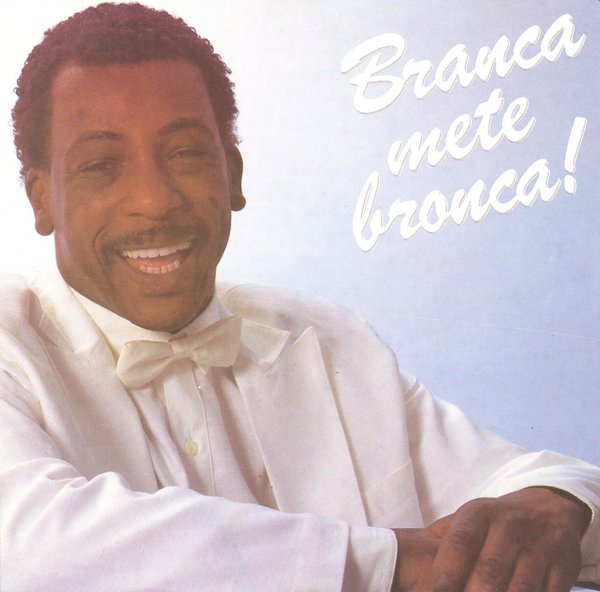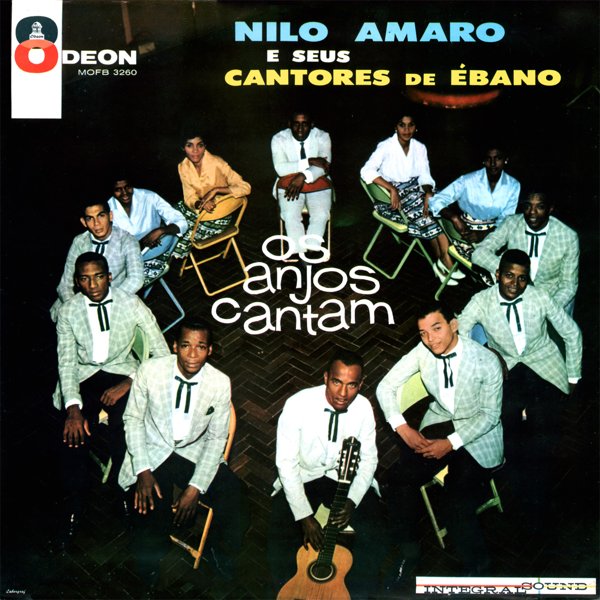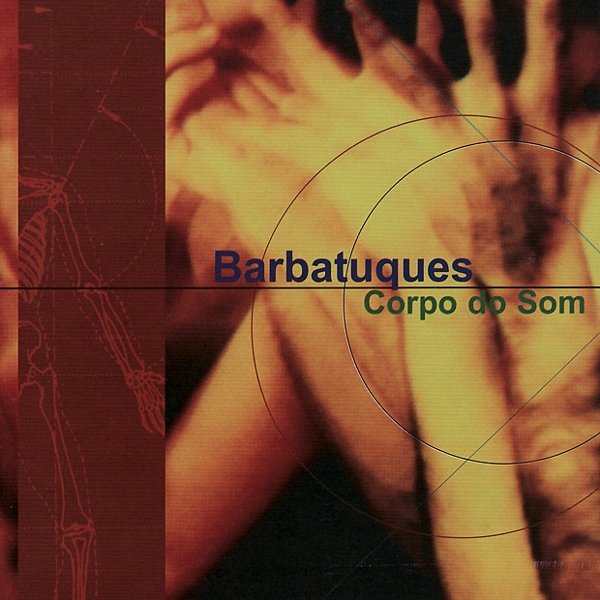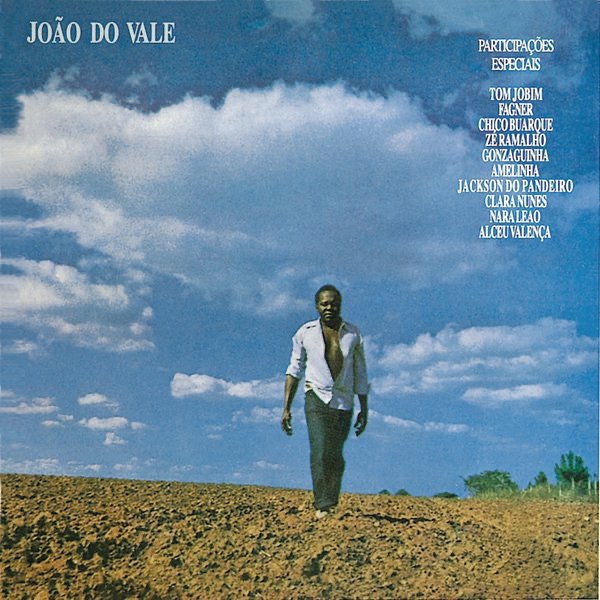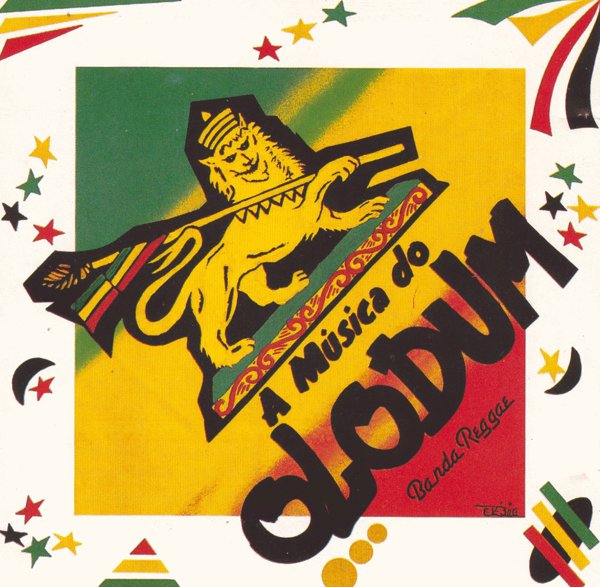Canto das Três Raças
If, in her music, Clara Nunes has always valued what we call brasilidade (the idiosyncrasies of what is Brazilian — in the best sense of the term), Canto das Três Raças (1976) is a clear reflection of it. At once, the album depicts the reality of Brazil’s semi-arid at “Alvoroço do Sertão,” a forró-like testimonial to the hardships of the drought; the male fetish of old days’ Rio de Janeiro in the marchinha de carnival “Dama das Camélias”; the aesthetic universe of capoeira in “Fuzuê,” a percussive spectacle with a hypnotic berimbau performance; and the Afro-religious ancestry of “Embala Eu,” a minimalist samba-de-roda song, marked by claps and a single drum, where Nunes shares the vocals with the goddess Clementina de Jesus. The apple of the album’s eye, however, is the title track. By far the most famous of all Nunes’ songs, “Canto das Três Raças” is an icon in the Música Popular Brasileira history and is still an anthem of resistance. Dramatic, the single tells how Brazil was forged in pain — the pain of Indigenous people, of enslaved African people, and ultimately, of the current working class. With a goose-bumpy chorus that has no lyrics, only melody, the power of “Canto das Três Raças” crosses Brazilian frontiers and touches listeners from any culture.


